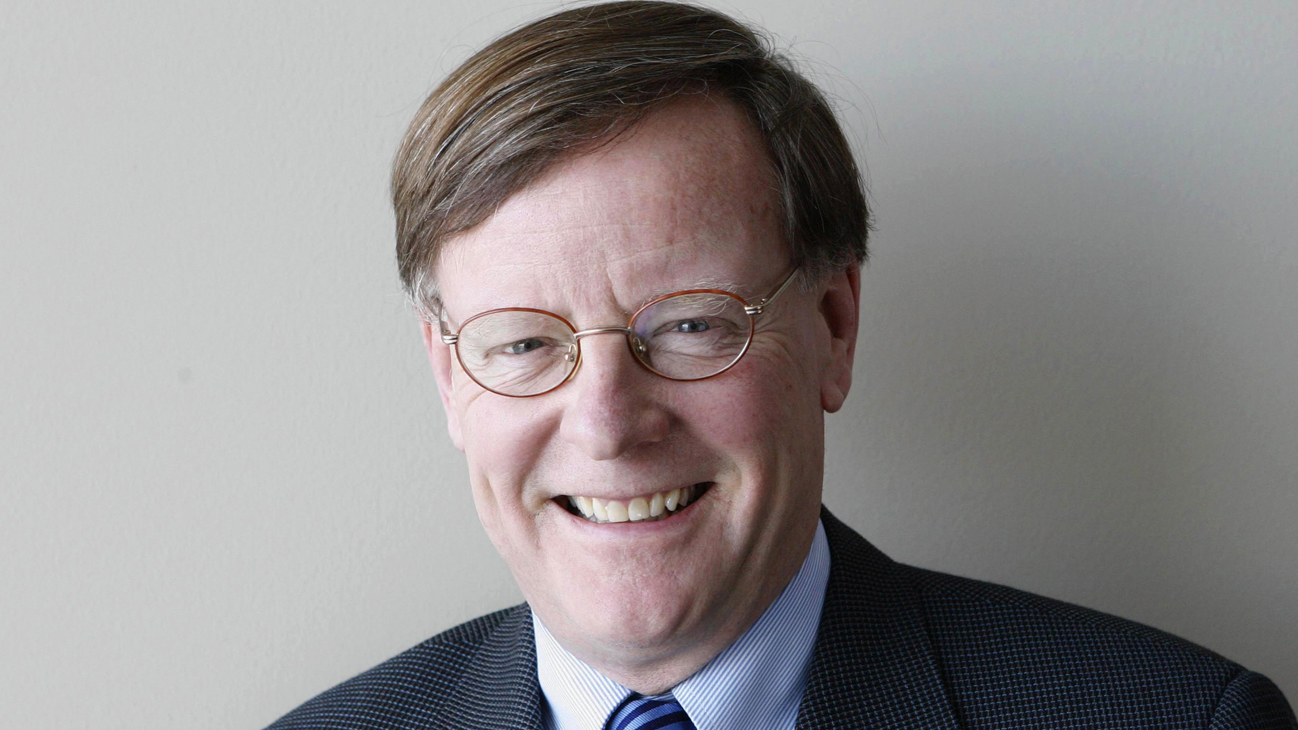Jeffrey Simpson has his finger on the pulse of Canada―and the world. The Globe and Mail’s national affairs columnist since 1984, Simpson has analysed many of the major political, social and economic issues of our time. The author of eight books, including Chronic Condition: Why Canada’s Health Care System Needs to be Dragged into the 21st Century, which won the $50,000 Donner Prize for the best book on public policy, Simpson is a sought-after speaker at major conferences and abroad. Jeffrey writes on the details of the Iran nuclear deal below:
Hostility between Iran and the United States, and Western countries generally, goes back so far and has been so deep that the prospect of a small thaw can only be greeted with wary pleasure.
The nuclear deal negotiated between Iran and the five UN Security Council members plus Germany (the so-called P5+1) can truly be called “historic,” a word much overused but entirely appropriate in these circumstances.
Predictably, the Israeli government and the Israeli lobby in the United States denounced the agreement – as they would have denounced anything that did not amount to complete capitulation by Iran, which would have meant no deal at all.
Calling the agreement a “historic mistake,” Israeli Prime Minister Benjamin Netanyahu said it would create a “terrorist nuclear superpower” in Iran. He will now once again take his battle against the deal into the heart of U.S. politics, hoping to egg on Republican Party opponents and encourage the powerful Israel lobby to mobilize.
Prime Minister Stephen Harper’s government, a shill for every Israeli position, said that unlike the P5+1 countries, Canada would reserve judgment on lifting sanctions against Iran.
Critics of these negotiations from the beginning have failed to provide a credible alternative. They hinted at bombing Iran – with negative consequences throughout the Middle East and around the world. Even Israeli intelligence reported such bombing would delay but not stop an Iranian drive for a nuclear weapon.
They suggested tightening existing sanctions, as if these would bring Iran to its senses and its knees, whereas such a declaration of further economic war would have intensified the rallying around of the Iranian people.
Iran, despite the Harper government’s black-and-white simplistic view, has many important shadings of political opinion. In its past election, which featured only candidates vetted by the Council of Guardians that reports to the Supreme Leader, moderate candidates won a resounding victory. They promised relief from sanctions in exchange for curtailing the country’s nuclear program. They delivered.
In exchange, there will be intrusive inspections. Iran will be required to reduce by 98 per cent its stockpile of enriched uranium, possibly by shipping it to Russia. The number of centrifuges spinning at a prime nuclear site, Natanz, will be reduced by two-thirds, thereby widening to at least one year the time for Iran to make enough material for a bomb. There will be restrictions on its ability to purchase missiles overseas for eight years and conventional weapons for five years.
These are not fail-safe guarantees, but they come as close to reasonable assurances that Iran will not build nuclear forces as the P5+1 negotiators were likely to achieve. There are risks of non-compliance by Iran, a country where it is thought acceptable, even a duty, to lie if necessary to protect the Shia Muslim faith. These risks, however, are smaller than the alternative of no agreement.
Hostilities will not thaw overnight between the United States and Iran, even though, without admitting so publicly, they share important strategic interests. They both want the Islamic State defeated, although the Iranians would prefer Syria to be ruled by President Bashar Al-Assad, whereas the Americans back a collection of the regime’s “moderate” and very weak opponents.
The two countries also want a stable Afghanistan without the Taliban in charge. That Iran now has more influence over Iraq is the fault of the United States’ invasion of that country, but no one should believe that Iraq is now, or will be, a puppet of Iran. So fractured is Iraq among its Kurdish, Shia and Sunni populations that it might not hold together.
Iran and Sunni Arab states mutually distrust each other, a modern-day reprise of the long-ago hostilities between Arabs and Persians. This nuclear deal therefore creates strange bedfellows as critics: Israel, Saudi Arabia and other Gulf states.
Iran wants to be a major regional player in the Mideast. It seeks to export its only big income-earner: Oil that, when it arrives on the world market, will help keep international prices down – bad news for high-cost producers such as Canada.
Iran’s political power can be exaggerated. Its economy has been weakened, its diplomacy has made many enemies, its military is clapped out and its theocratic regime is increasingly out of touch with younger, urban Iranians who are not very religious.
This deal it signed is not perfect, but it is better than alternatives.

